Diwali, also known as the Festival of Lights, is well underway with Hindus, Jains, Sikhs, and Buddhists celebrating worldwide.
The five-day festival, which concludes tomorrow, October 26, takes place on the 15th day of Kartik in the Hindu calendar and is determined by the phase of the moon.
Because of this, there is no fixed date for the start of the religious event every year. However, it typically falls between October and November.
This has been the first year since pre-Covid that festivities are not required to be held under restrictions, so communities across the world – including those in Aberdeen, Moray, and Aberdeenshire – are making the most of it.
But what is Diwali and where do food and drink come into play?
The origins of Diwali
Diwali is a celebration of new beginnings and the victory of good over evil and light overcoming darkness.
The festival gets its name from the row (avali) of clay lamps (deepa) that Indians light outside their homes to symbolize the inner light that protects them from spiritual darkness.
Diwali is so widely celebrated that it has no single origin story. But while each religion has its own historical narrative behind it, they all, ultimately, represent the victory of good over evil.
They all share the same festivities, too. These include carrying out prayers, lighting fireworks, hosting family gatherings, and giving to charity.
Abdul (Raj) Hamid, owner of Carron to Mumbai in Stonehaven, and Hussain Zakaria, manager at Spice Tandoori in Elgin, had much to say about them.
“During Diwali, people wear their finest clothes, and light the inside and outside of their homes with diyas (oil lamps) and rangoli (a traditional Indian art form),” says Raj.
“We also hold ceremonies to worship Lakshmi, the goddess of prosperity and wealth, watch firework displays, and participate in family celebrations where mithai (sweets) and gifts are shared.
“Although, people do celebrate differently.”
Vegetable curries, puri, and samosas
Family and friends also enjoy mouth-watering feasts.
Hussain added: “Our [the Spice Tandoori team] feast normally consists of vegetable curries specially prepared by our chefs with a mixture of pakoras and special bread, as well as my favourite – the Indian-style taka dhall.”
Spice Tandoori, which opened in late 2005, is an Indian and Bangladeshi restaurant that offers Europeanised Indian cuisine.
It was recently voted Scotland’s Regional Restaurant of the Year at the Asian Restaurant and Takeaway Awards 2022.
The Indian-style taka dhall will be available for customers to order at the eatery to pay homage to the festival, so they can too enjoy the celebrations.
“Puri – a deep-fried bread – accompanied by different dal – dried, split pulses – are common food items enjoyed during Diwali,” says Raj.
Others include vegetable curry and fried titbits such as pakoras and samosas.
Carrot laddu, which is made by simmering grated carrots with ghee and sugar and shaped into balls, gulab jamun – fried dumplings – and ras malai – a classic Indian dessert consisting of juicy cheese discs served with thickened milk – are among the sweet dishes.
‘A great opportunity to try Diwali-based Indian foods’
Like Spice Tandoori, the team at Tranvacore Restaurant in Aberdeen is offering customers the chance to sample a range of foods enjoyed during Diwali.
Jinson Paul, of Tranvacore, said: “We and the staff would like to share this very special occasion with our customers to give them the full experience of tasting and enjoying the joys of Diwali tonight (October 25).
“Our chef(s) have prepared a noteworthy meal for dinner and a delicious unique dessert.
“The dishes include Saffron rice with ghee, paneer pepper roast, and tiger prawns served with bathura – a fluffy deep-fried leavened sourdough bread.
“All the items from the normal table menu are available, as well.
“Diwali does not go on forever, so right now you have a great opportunity to try Diwali-based Indian foods.”
Raj went on to say: “We will be celebrating at Carron to Mumbai with friends and family from the north-east. It will give everyone a chance to eat, drink, sing and dance.
“Sadly, we are not offering anything special this year. We are just celebrating amongst ourselves due to the economic crisis.”
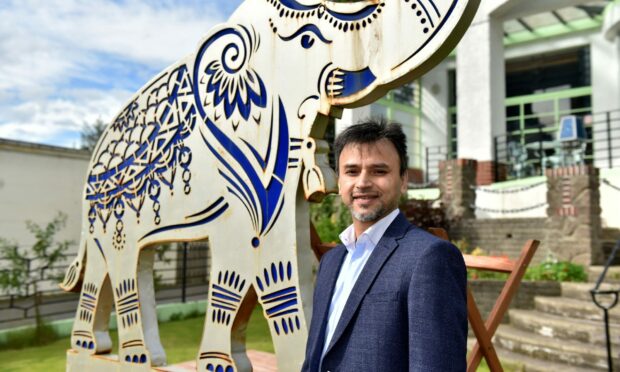
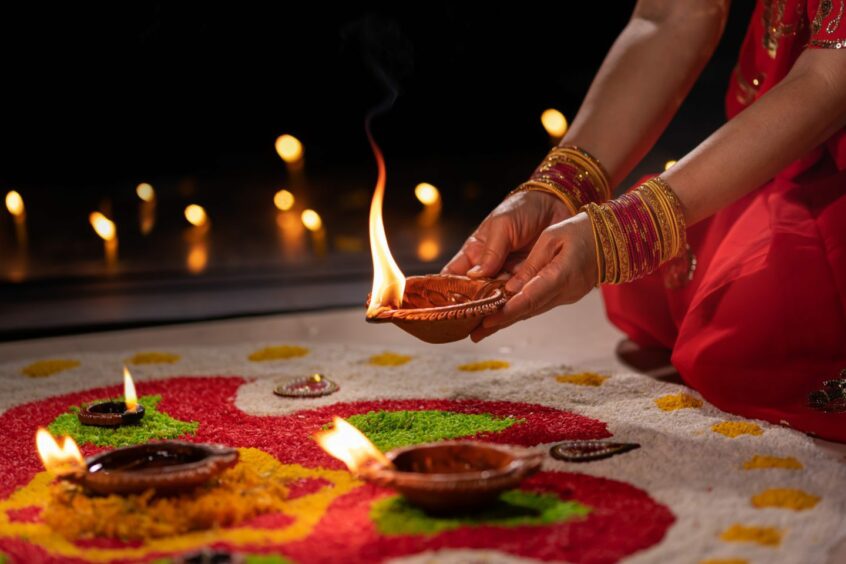
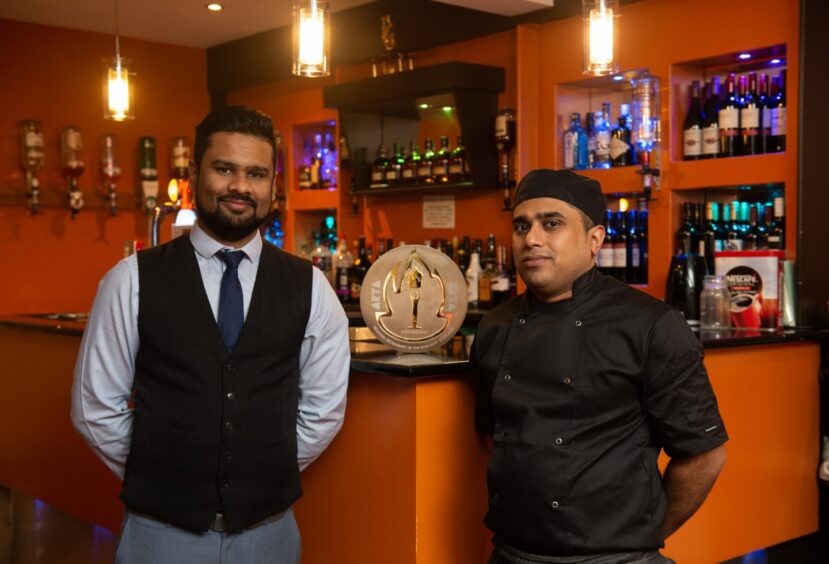
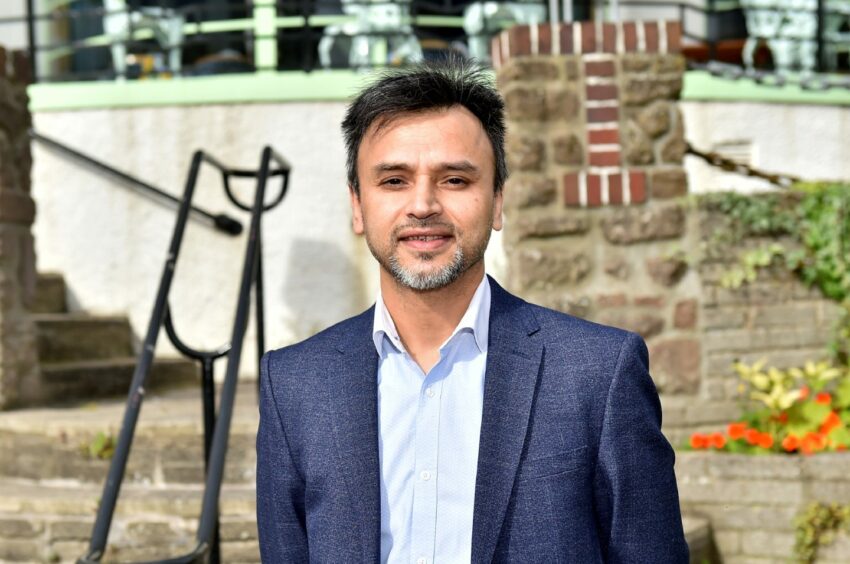
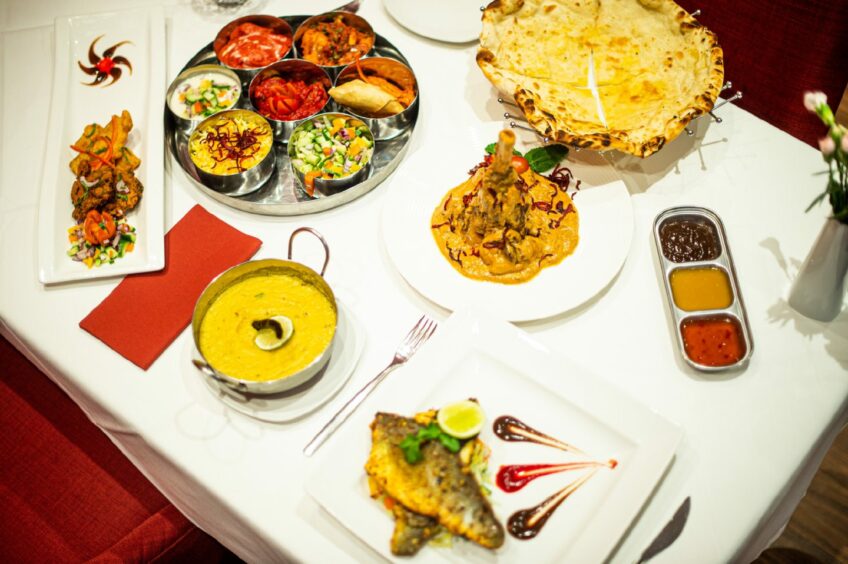
Conversation